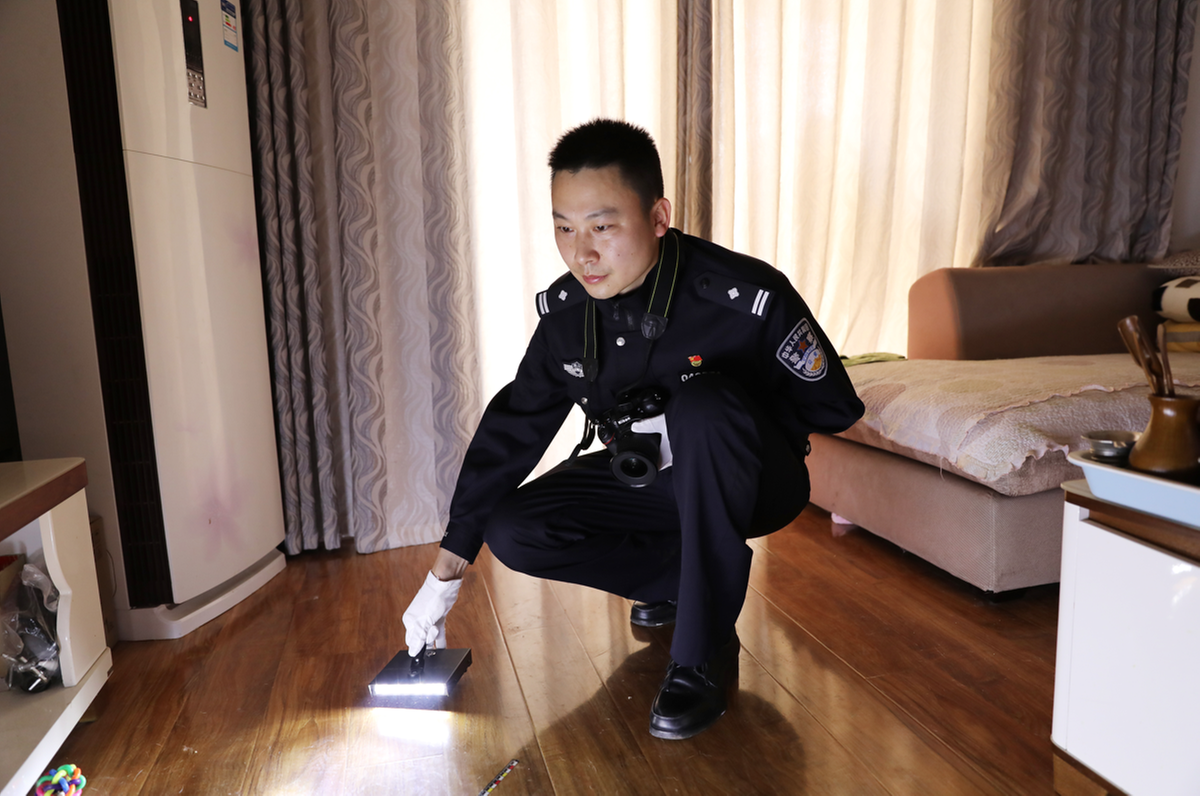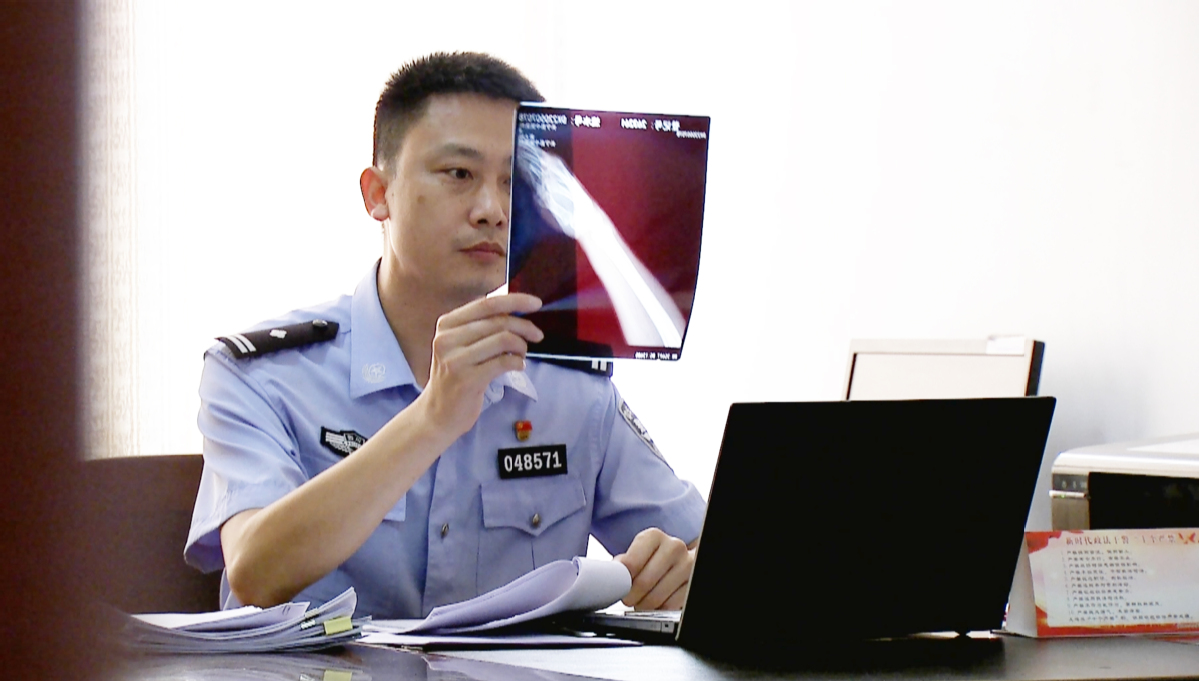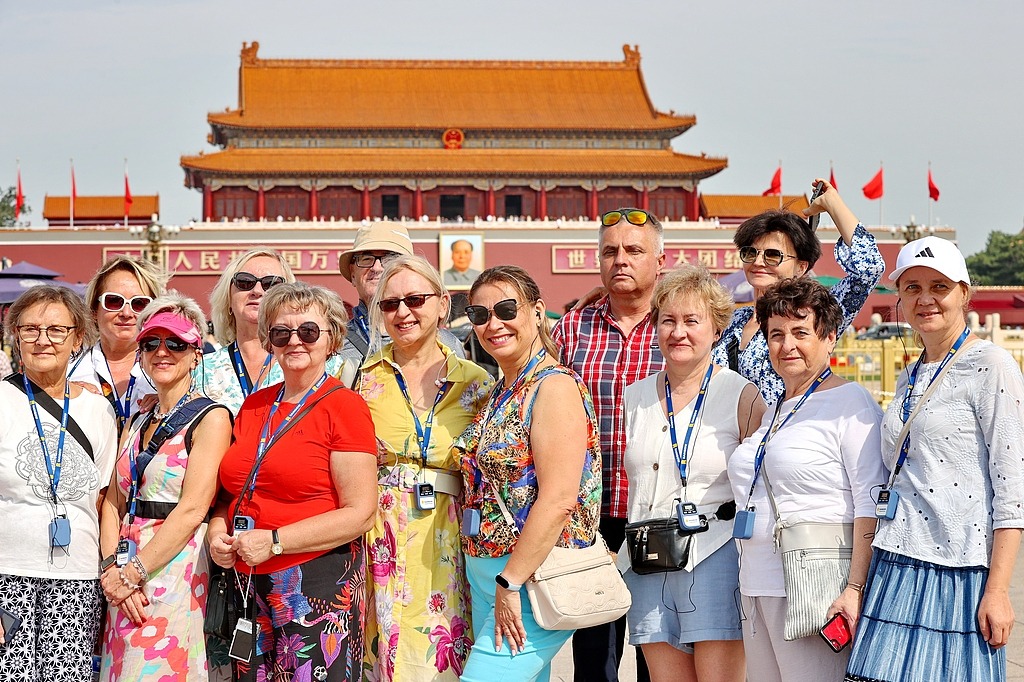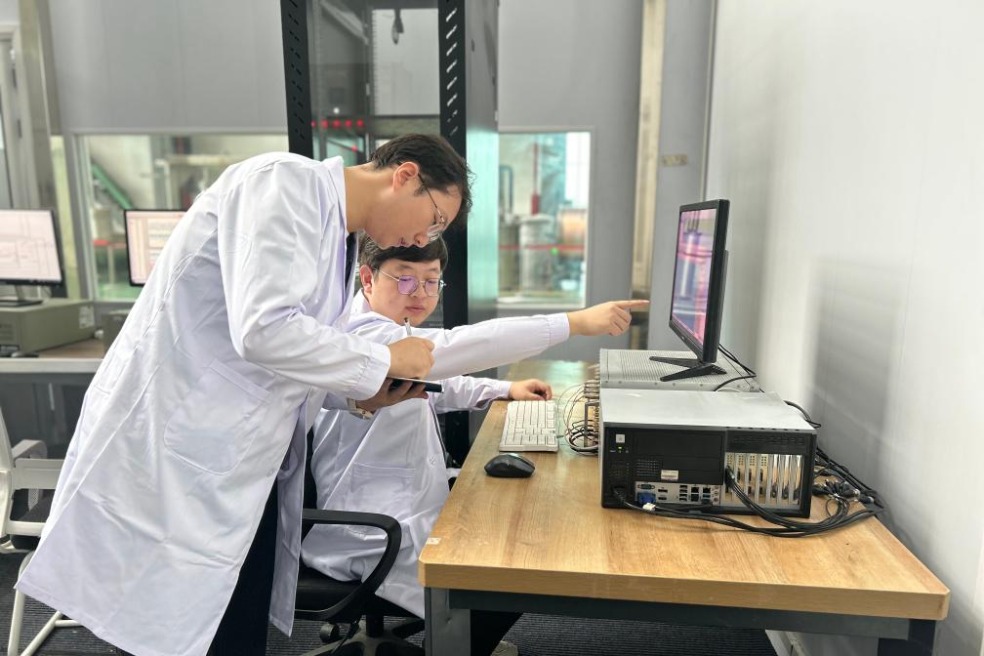Beyond the lab: a life in forensics


For most people, the thought of working with lifeless bodies and investigating crime scenes can be daunting. But for Xia Jiaquan, a forensic pathologist in Changning, Sichuan province, it has been his life's work for over two decades.
Xia's path began at 18, when he entered university to study clinical medicine.
"More than half of my classmates chose to become doctors or enter other medical fields," he recalled. "Only a few, like me, went into forensic pathology."
His choice, he said, traced back to his childhood, where a deep admiration for law enforcement inspired him to combine medical expertise with legal practice.
The job, Xia emphasized, demands not only scientific precision but also strong mental resilience.
"Forensics isn't confined to the lab," he explained. "We work in forests, rivers, abandoned houses, and city apartments. We're constantly tested by what we see, smell, and touch at crime scenes."
Confronted with bodies in varying stages of decomposition or injury, Xia stays calm and methodical, using autopsy and pathology to determine the cause, time, and manner of death. "After years in the field, managing emotions comes naturally," he said.
One case that has stayed with him happened early in his career. On a bitter winter morning, police found a man lying unconscious and covered in blood by a riverside. There were no witnesses, and in those days, when surveillance systems were rare, there were few leads to follow.
Examining the crime scene, Xia noticed something unusual — three distinct types of bloodstains, suggesting multiple people had been involved. Through meticulous evidence collection and analysis, he and his team reconstructed the fight between the victim and the attackers. The breakthrough led to the arrest of two injured suspects.
"It's about patience and attention to detail," Xia said. "We can't afford to overlook even the smallest clue — it's often the key to cracking a case."
In another investigation, the perpetrators tried to destroy evidence by burning and dismembering a body, dumping the remains in black plastic bags among piles of garbage and debris. Xia combed through more than 200 trash bags before finding two that contained crucial body parts.
Working late into the night, he and his team examined each piece and compiled detailed forensic reports that enabled police to arrest the suspects.
"Our job isn't a typical nine-to-five," he said. "Day or night, weekdays or weekends — we can be called in at any moment. You must be fully committed."

More than science
While the technical side of forensic work is crucial, Xia believes empathy is just as important — especially when dealing with the families of the deceased.
"In cases of unnatural deaths — whether accidental or by suicide — families are understandably distraught," Xia said. "The first conversation is always the hardest. They're in shock, often angry, and looking for answers."
Xia takes time to explain his findings clearly, answer questions, and guide families through their grief.
"We can't just hand over a report and walk away," he said. "Our job is not only to determine the cause of death, but also to provide clarity and compassion to those left behind."
This sense of duty, he added, comes from his dual identity as both a scientist and a police officer. "Serving the people is our fundamental mission," he said.
Now a seasoned veteran, Xia sees it as his responsibility to guide younger colleagues entering the field.
"I encourage more young people to join this profession," he said. "There's nothing mysterious about it — you just need a clear goal and the courage to move forward."
He regularly shares his expertise with newcomers, explaining forensic techniques and welcoming their questions. At the same time, he learns from them.
"Young people today are quick with technology and adaptable to new tools," he said. "I try to stay open-minded and keep up with the latest digital techniques."
Looking back on more than 20 years in the field, Xia said the work has given him a deeper respect for life.
"Seeing how suddenly life can be taken away makes you value it more — for yourself and your loved ones," he said.
guojiatong@i21st.cn
Today's Top News
- Diplomatic window for peace in Gaza reopens
- Beijing, Dhaka to accelerate cooperation
- Japan braces for shift to conservatism
- White goods, electronics hot items in holiday
- Strong typhoon triggers safety measures in south
- Understanding the certainties of China's high-quality development






























